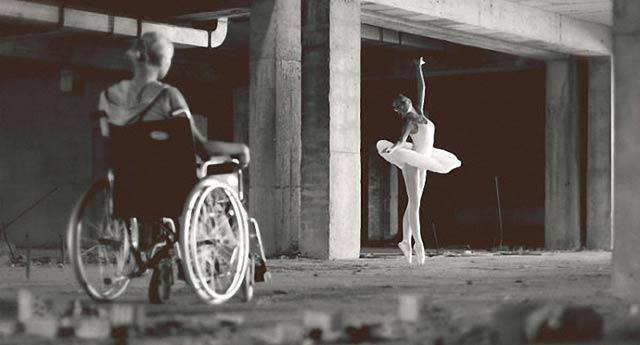
Persons with disabilities often have difficulty accessing certain institutions since many buildings are not wheelchair-friendly. Additionally, they are discriminated against at work and in college admission processes.
Persons with disabilities often have difficulty accessing certain institutions since many buildings are not wheelchair-friendly. Additionally, they are discriminated against at work and in college admission processes.
Tanja Mandić-Đokić, one of the coordinators of the network of women with disabilities in Bosnia and Herzegovina explains that women with disabilities are essentially treated as invisible by society.
“Society doesn’t treat them as women and it doesn’t acknowledge all of the social roles that they can perform. However, even when women with disabilities do perform regular social roles, society often judges them according to expectations on how they should be performing those roles,” Mandić-Đokić says.
In December of last year, women gathered in Banja Luka’s city center to mark the International Day of Persons with Disabilities with a message that expressed their want for visibility.
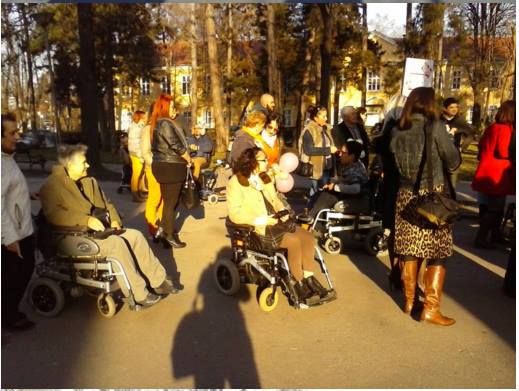
One of the main obstacles the disabled face is related to access ramps, which are either completely absent from many facilities or are in very poor condition. Some buildings’ ramps have an incline higher than what has been prescribed by law, and this poses additional problems for wheelchair users.
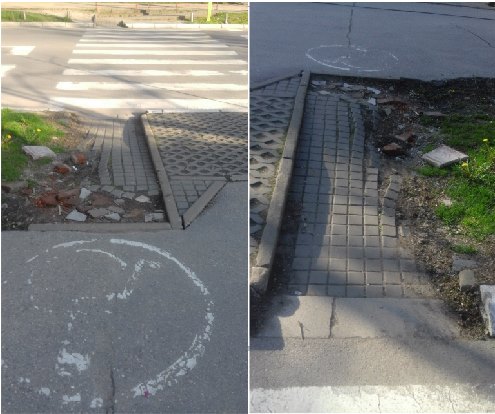
Student at the Faculty of Political Science in Banja Luka Ognjen Ranisavić says that most of his difficulties stem from underdeveloped legal and institutional solutions as well as the implementation of those that already exist.
“The ever-present process of creating high-quality legal solutions that are consistent with the needs of marginalized groups is notoriously slow. Ambiguity and sluggishness are particular problems associated with the implementation of legal solutions,” he says.
Many educational institutions are also guilty of not applying teaching methods that can provide students with disabilities access to a proper education. This inaccessibility to information creates a situation in which students with hearing and/or visual impairments are unable to keep up with their classes. This limits the number of universities these students can attend and they are, therefore, prevented from studying at the university of their choice.
At the University of Banja Luka, only four faculty buildings are wheelchair accessible or provide customized trolleys: the Faculty of Political Science, the Faculty of Philology, the Faculty of Economics and the Law Faculty. Nevertheless, students claim that conditions are somewhat better than they were a few years ago when studying was nearly impossible for persons living with disabilities.
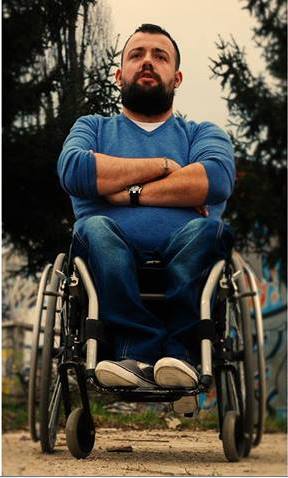
Ognjen explains that before studying social work at the Faculty of Political Science—the field he is truly interested in—he briefly studied at the Law Faculty because it was the only building that was wheelchair accessible at the time.
He says that newer buildings have been adapted to the needs of the disabled, but there are still important buildings that lack proper entrances or elevators.
“If you are in a wheelchair and need to go to Šipovo to see a dentist, you must take four people with you to carry you up to the second floor of the hospital,” he explains.
According to Ognjen, only residential buildings that have been constructed in the last five years are accessible.
“I would also like to mention that cultural institutions such as culture centers, theaters and others that were built before the war are not at all accessible to persons with disabilities,” he says.
In an interview with EuroBlic, another student from the University of Banja Luka explained that, although she graduated from high school with the best grades, she was unable to go to the faculty of her choice solely because of the building’s inaccessibility to the disabled.
“I wanted to enroll at the Faculty of Electrical Engineering, but this department does not have the appropriate conditions for someone in a wheelchair; and, since I’m not originally from Banja Luka, I didn’t have anyone who could take me to lectures every day,” she explains.
Another significant problem that arises is parking spaces that are designated for the disabled, which are often taken by people without disabilities solely because there are no free spaces left in the parking lot.
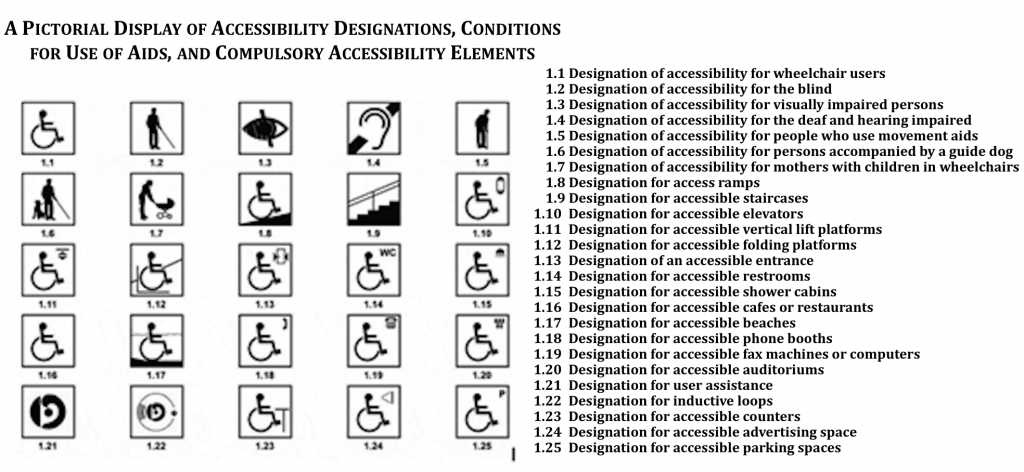
In order for society to overcome discrimination against the disabled in areas such as employment and education, the proper support must be provided so that people living with disabilities can advance and actively participate within their communities. “We should be given the opportunity to work for ourselves and to create a society that is in accordance with our needs. No expert in any field can know the needs of the disadvantaged better than we do. Those of us living with disabilities are the experienced experts in this field, but no one is utilizing our expertise for progress,” says Ognjen.






